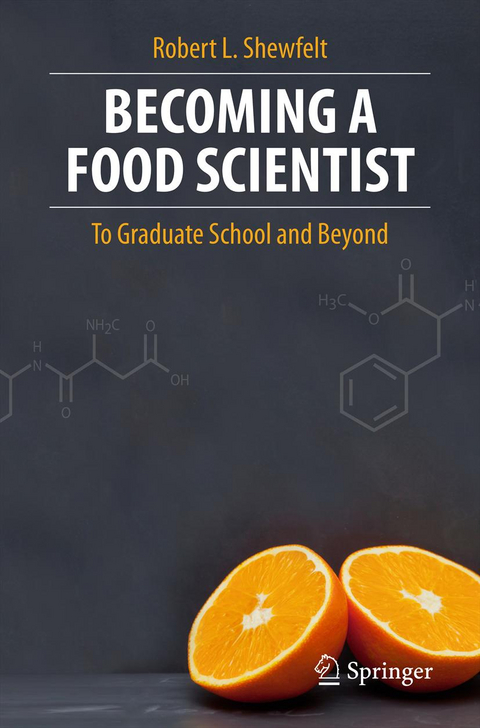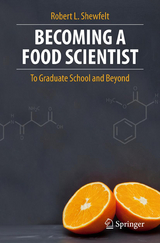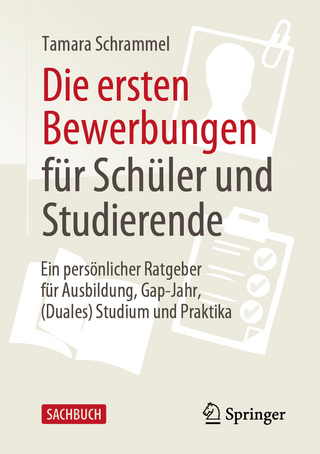Becoming a Food Scientist
Springer-Verlag New York Inc.
978-1-4614-3298-2 (ISBN)
The book introduces the concept of research as process in the first chapter. Subsequent chapters focus on individual unit operations of research: idea generation, problem definition, critical evaluation of the literature, method selection, experimental design, data collection, processing and analysis, and knowledge dissemination. Successful graduate students in food science must master each of these operations. The final section of the book pushes the reader beyond graduate school into its practice in the real world. Topics covered in the maturation of a food scientist include the scientific meeting, critical thinking, science and philosophy, ethics, finding and managing the literature, planning, grantsmanship, laboratory setup and management, and career development. This book should be a meaningful companion for any graduate student in the field and those transitioning from graduate school to the food science profession.
Dr. Robert L. Shewfelt is the Josiah Meigs Distinguished Teaching Professor of Food Science and Technology at the University of Georgia. Known for his unique teaching style and extensive collection of food-themed shirts, he has carefully studied the life cycle of a graduate student in food science and offers these tips for a more meaningful experience in graduate school and beyond.
1. Research as Process.- I. Unit Operations of Research.- 2. Idea Generation.- 3. Problem Definition.- 4. Critical Evaluation of Literature.- 5. Method Selection.- 6. Experimental Design.- 7. Data Collection.- 8. Processing and Analysis.- 9. Knowledge Dissemination.- II. Maturation of a Scientist.- 10. The Scientific Meeting.- 11. Critical Thinking.- 12. Science and Philosophy.- 13. Ethics in Science.- 14. Finding and Organizing Scientific Resources.- 15. Planning.- 16. Grantsmanship.- 17. Laboratory Setup and Management.- 18. Career Development.
| Zusatzinfo | 18 Tables, black and white; 22 Illustrations, color; 27 Illustrations, black and white; XI, 168 p. 49 illus., 22 illus. in color. |
|---|---|
| Verlagsort | New York, NY |
| Sprache | englisch |
| Maße | 155 x 235 mm |
| Gewicht | 285 g |
| Themenwelt | Sachbuch/Ratgeber ► Beruf / Finanzen / Recht / Wirtschaft ► Bewerbung / Karriere |
| Schulbuch / Wörterbuch | |
| Naturwissenschaften ► Chemie | |
| Sozialwissenschaften | |
| Technik ► Lebensmitteltechnologie | |
| ISBN-10 | 1-4614-3298-7 / 1461432987 |
| ISBN-13 | 978-1-4614-3298-2 / 9781461432982 |
| Zustand | Neuware |
| Haben Sie eine Frage zum Produkt? |
aus dem Bereich




